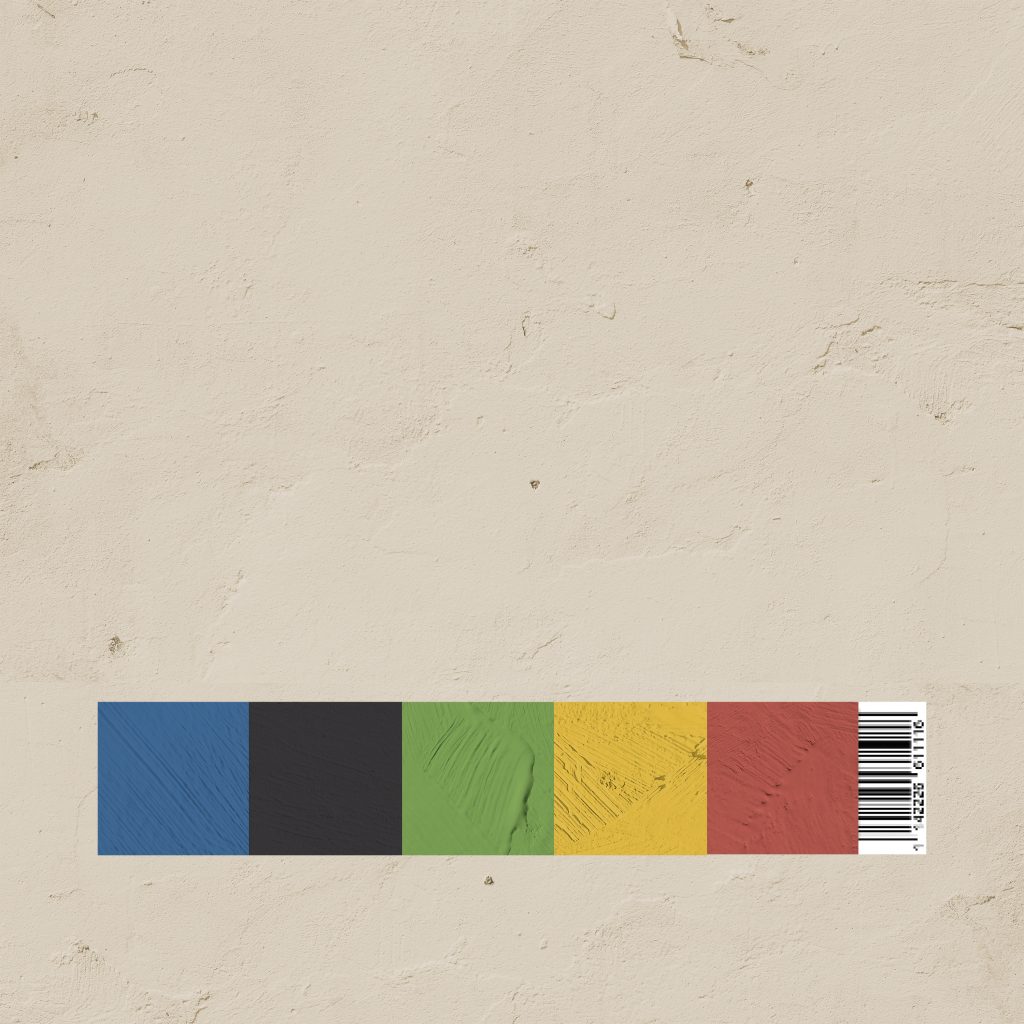Album Review: John Moreland’s ‘LP5′
Moreland blends the raw textures of his past records with the more plugged-in, glossier veneer of the current day.

It’s sometimes tough for longtime fans of an artist to accept when their favorite artist wants to change things up a bit. Dylan going electric, KISS doing disco and Sturgill bringing in the Stax-style horns, are all sonic shifts that have elicited head-scratches from fans simply hoping for more of the same.
Although the reaction won’t be as legendary or infamous as the aforementioned style switches, John Moreland’s new record is indeed another example of an artist that was simply not O.K. with more of the same. The Oklahoma-native’s latest album, the appropriately titled LP5, is certainly a bit of a gut punch to those who prefer their hardscrabble folk rock to be as rough as the singer’s three-day beard while shoved in the back of a touring van in the middle of a month-long tour.

But for listeners patient enough to let the album roll and to allow the individual songs to sink beneath their own expectations, there’s some pretty sweet revelations to be found. Working with an outside producer for the first time, Moreland recorded LP5 near Denton, Texas with producer Matt Pence (Nikki Lane, Elle King). Known primarily for his low, husky vocals and acoustic-driven songs dealing in pain and frustration, it seems the addition of Pence empowered Moreland to explore terrain beyond what he’s previously traveled.
Loops from a drum machine and electronic flourishes indeed signify a change in musical direction for Moreland, but to be clear, this record isn’t signaling a reinvention. The lyrical genius Moreland’s followers have come to crave is as present and clear as it has ever been. Throughout the record a search for some sort of truth is powerfully evident. Just as he’s always done, Moreland is working stuff out while we listen in.
In the album-opening “Harder Dreams” a moody musical atmosphere hovers behind Moreland as he asks, “Is the truth a work of fiction?” With a melodic piano accompanying his trusty acoustic guitar, Moreland grapples with the finality of genuinely grasping truth when he sings “Seems to me this shindig’s doomed, you left your oldest costumes in the other room.”
More musical left turns can be found in the psychedelic, blues-tinged “A Thought Is Just a Passing Train,” while the breezy, keyboard-forward jam “East October” oozes an almost sunny, ‘70s Laurel Canyon vibe. Neither of those are as unexpected as the two instrumental tracks fond on this record. “Two Stars” feels similar to many of the other songs, just without words, but the intriguing, somewhat experimental “For Ichiro” nearly veers into the post-rock realm of Mogwai or Explosions in the Sky.
As the album progresses over the course of 11 tracks, the arrangements often feel perhaps too similar, but fall safely on the side of cohesion versus simple sameness. “I’ll Always Let You Burn Me to the Ground” is a stellar example of how Moreland blends the raw textures of his past records with the more plugged-in, glossier veneer of the current day.
It’s not all synths, keys and studio magic though. Moreland’s heartbreaking tribute to his friend Chris Porter, a musician who died in an automobile accident in 2016, features his grizzled voice side-by-side his bare boned guitar, as the album-closing track “Let Me Be Understood” gives us a soul-searching, classic harmonica-acoustic guitar one-two punch. In that final tune, Moreland is still seeking truth, singing, “I used to walk around with shackles on my hand, back when I still needed you to tell me who I am.” As long as that search for truth in song remains present, Moreland can make his albums sound any one of a million different ways, and they’ll always sound exactly like a John Moreland record should sound.


